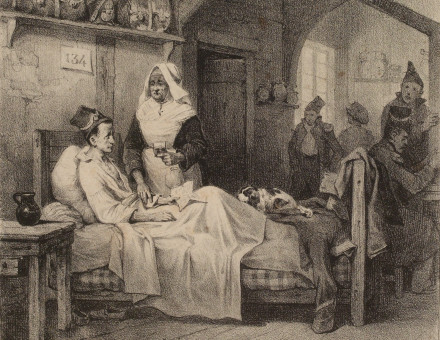The Decembrists: Russia’s First Revolutionaries
The uprising by officers in 1825 in St Petersburg was premature, writes Ian Grey, but even contemporaries recognised that seeds had been sown which one day would produce important consequences.
The Decembrists’ rising in St Petersburg on December 14th, 1825, marked the beginning of the revolutionary movement in Russia. Direct contact with Western Europe, particularly during the Napoleonic Wars, had fired many young nobles and army officers with liberal ideas.
Alone among them the few young idealists, known by the name of the month in which their rebellion took place, had the courage to act. They were eager to reform their country, relieving the people of the burdens of serfdom and the injustices of autocratic rule.
They were, however, confused about their immediate aims and haphazard in planning their revolt. Nicholas I crushed them without mercy. But their fervent idealism gave rise to legends which stirred later generations to action.
On November 27th, 1825, news reached St Petersburg that Emperor Alexander I was dead. The people were stunned. He was only forty-eight, had not been ill, and had died not in the palace, surrounded by his family and the court and the Guards, but in the small town of Taganrog on the distant shores of the Sea of Azov. He had left no heir and his brothers, Constantine and Nicholas, were next in line of succession.





